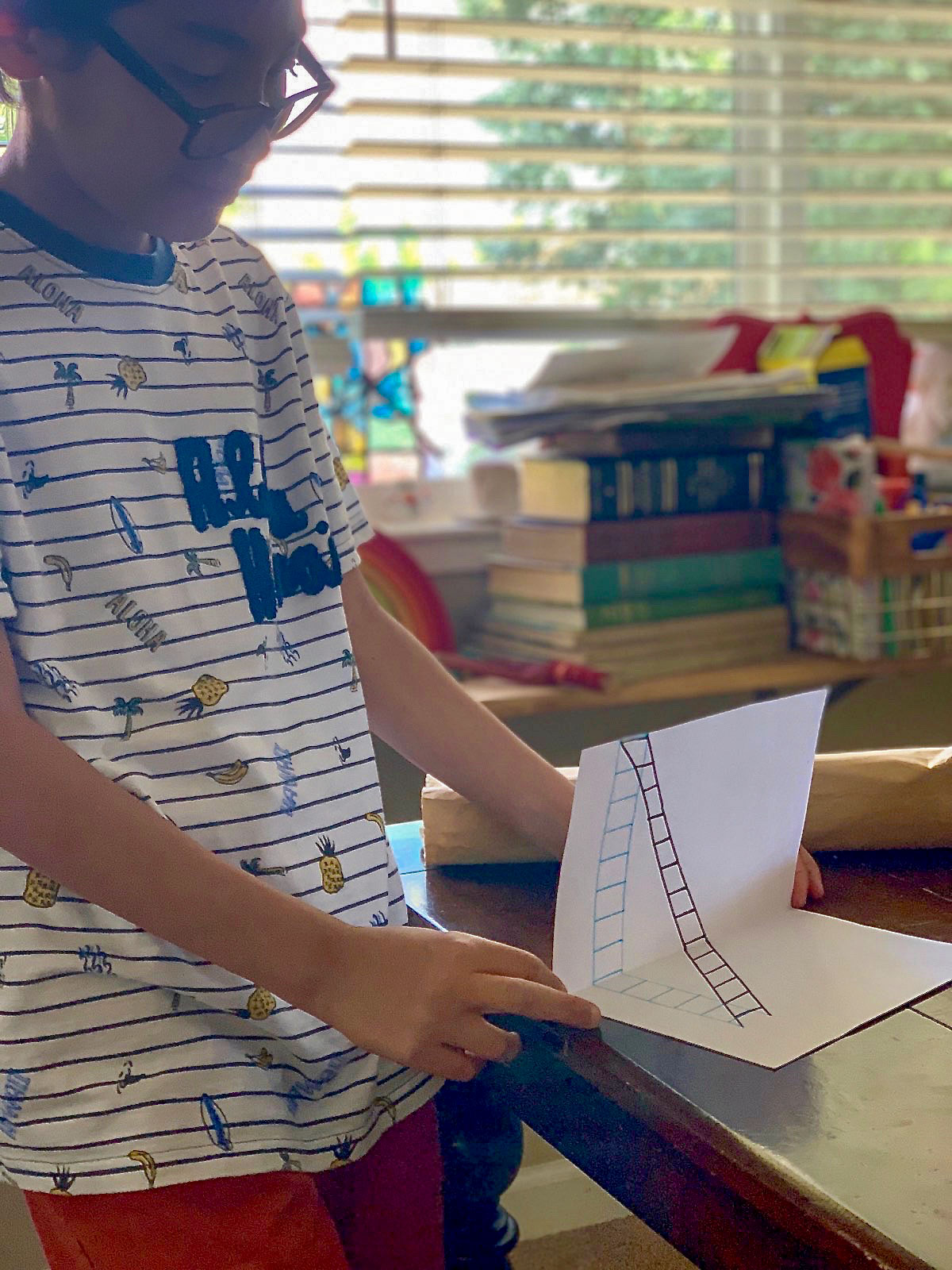 One of the biggest frustration parents can face is getting their children motivated to learn. It can be difficult to get kids to embrace learning, whether it’s mastering multiplication, learning a language or finding the lesson in sticking with the soccer team despite riding the bench most of the season.
One of the biggest frustration parents can face is getting their children motivated to learn. It can be difficult to get kids to embrace learning, whether it’s mastering multiplication, learning a language or finding the lesson in sticking with the soccer team despite riding the bench most of the season.
Our children’s reluctance to venture into unfamiliar territory is understandable. Learning something new is sometimes frustrating. Likewise, failure is discouraging or, worse, embarrassing. However, there are steps parents can take to help boost their children’s eagerness to face new challenges.
Here are five strategies for you to start using today to help your child become a motivated learner.
Encourage Your Child to See Learning as an Opportunity to Get Smarter, Go Farther
Extensive research has shown a direct link between what a child thinks of her abilities and that child’s willingness to face obstacles. Specifically, when children see their competence as fixed and not subject to improvement, they worry that their intelligence will be in question when they fail or when they must exert effort in learning a new task. As a result, these children view challenges as potential sources of being judged on their intellect and aptitude, and they lose motivation when the work stops being easy.
In contrast, those children who see obstacles as opportunities to add to their skill set believe that the harder they work at something, the better they’ll get at it. They rarely interpret learning as a potential blow to their self-confidence. Children who display this attitude toward growth understand that continuous effort is necessary to succeed. These learners show an increased motivation to keep learning even in the face of mistakes or failure.
Parents can encourage their children to adopt a growth mindset by emphasizing the strategies their children use in pursuing a goal, rather than focusing on a child’s ability. For example, use words praising your child’s efforts in achieving a goal such as “You studied hard and did great!” instead of “You got an A because you’re so smart!”
This emphasis on process boosts children’s enthusiasm to learn by teaching them that good results often come from persistent effort, not necessarily innate ability.
Make Learning Fun
To further foster motivated learning, parents can turn lessons into fun activities by encouraging children to explore their interests. If your child is interested in music, sign him up to play an instrument of his choosing or take him to children’s concerts.
If your child is interested in history or dinosaurs, take her to a museum or head to your local library to peruse books on the subject. For a younger learner, use colorful puzzles and board games to help your little one excel at concepts that pique his interest.
Respect Your Child’s Frustrations and Need for Downtime
It’s unreasonable to expect a child to be motivated all the time. When parents don’t acknowledge a child’s frustration with learning new skills, the child is more likely to disengage from the learning process. However, exploring your child’s hesitation to learn can give your child the reassurance he needs to keep striving.
Likewise, be respectful of your child’s need for downtime. Giving children unstructured time to play outdoors or hang around the house lets them recharge and process what they learned during the structured part of their day. This allowance boosts creativity as children dream up ways to fill their free time. Free time spent with friends will also build character as children play with and resolve conflicts with other children their age.
Allow Your Child to Fail
Although it seems counterintuitive at first, part of helping children learn how not to become discouraged when faced with a challenge is to let them fail so that they may learn how to bounce back from that failure. Letting children fail teaches them resilience and how to take responsibility for the natural consequences of their actions. Importantly, when a child experiences how poor effort leads to poor results, the child may be incentivized to refocus his efforts at succeeding.
In some children, the fear of failure can be especially daunting. Try easing these children’s fears by explaining that innovators they may admire from Thomas Edison to Walt Disney to J.K. Rowling experienced numerous setbacks before succeeding through unrelenting motivation and perseverance.
Lead by Example
One of the most effective ways for parents to encourage their children to be motivated learners is for parents to embrace learning themselves. Show your child your commitment to education by reading avidly, taking a class, or diving enthusiastically into a new hobby. Not only will your child see that working hard doesn’t have to be a solitary undertaking, but she will witness firsthand the personal satisfaction that comes from mastering a challenge.
Posted in: Education
Comment Policy: All viewpoints are welcome, but comments should remain relevant. Personal attacks, profanity, and aggressive behavior are not allowed. No spam, advertising, or promoting of products/services. Please, only use your real name and limit the amount of links submitted in your comment.
You Might Also Like...

Changes in North State Schools Have a Positive Impact on Students and Community
There have been significant changes to several schools in the North State over the past year, and a few have more to come. From campus expansions to technological improvements, local […]

Ten Things Children with Food Allergies Want You to Know
1. I long to be included. I would like to look, act and eat like everyone else. I’d like to buy my lunch and sit wherever I want. I know […]

Staying Safe on Social Media – Eight Ways to Protect Your Kids
Like it or not, social media is an important part of our children’s lives. By the time they are teenagers, 95% of kids have used it and 45% admit to […]

Chico Science Fair – Developing Scientific Minds In The North State
Chico Science Fair Developing Scientific Minds In The North State The Silver Dollar Fairgrounds in Chico, California, hosts a variety of events throughout the year but the annual Chico Science […]



